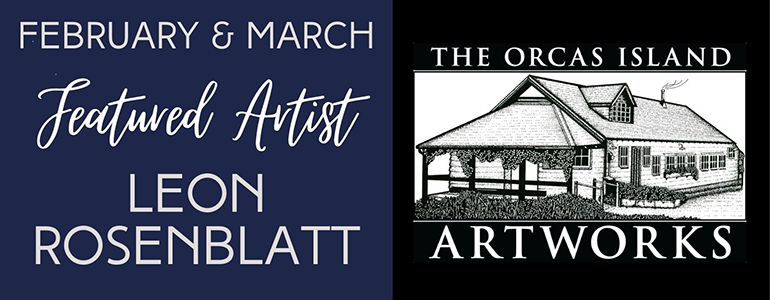— a book review by David Turnoy —
Having been a sports fan throughout my life, I never before fully realized the connection between sports and the Civil Rights Movement. That has been changed due to my reading of the newly released We Will Win the Day: The Civil Rights Movement, the Black Athlete, and the Quest for Equality by Louis Moore, a professor of history.
Most of us are familiar with the story of Jackie Robinson and the breaking of the color line in major league baseball. But there were a lot of other athletes who persevered greatly to push for the inclusion of black athletes to integrate sports at both the college and professional levels. In addition, the black press was a huge influence on this process. If not for black sportswriters pushing for black athletes to be given a chance, it may never have happened.
Once the color line was broken, the next step was to fight for equal treatment. Early on the black athletes were told to “play and shut up.” It was felt that simply by exhibiting their athletic prowess and proving that they were the equal of white athletes, black sports starts were doing what they could to improve the conditions for all black people. But again, with prodding from black sportswriters, black athletes began to speak up to demand equal treatment for themselves and for black people as a whole.
While Jackie Robinson kept his mouth closed his first three years in the major leagues due to his agreement with Branch Rickey, after that he began to speak up. Similarly other black athletes began doing the same. A name I had never heard before was that of Eroseanna Robinson [no relation to Jackie], a black social worker who was also a track star. A decade before the Black Power Movement, she was refusing to participate in track events if conditions for black participants were not equal. She also refused to pay her taxes for years because she felt that most of the money was going to support war. She was truly ahead of her time.
If you are a sports fan and are interested in reading about how sports was a major catalyst for the Civil Rights and Black Power Movements, I highly recommend this book. I had read about it in a magazine, mentioned it to our public library as a book I felt they might want to purchase, and they went out and got it. We love our Orcas Library.
**If you are reading theOrcasonian for free, thank your fellow islanders. If you would like to support theOrcasonian CLICK HERE to set your modestly-priced, voluntary subscription. Otherwise, no worries; we’re happy to share with you.**








Thank you, David for that review. Sounds very interesting.